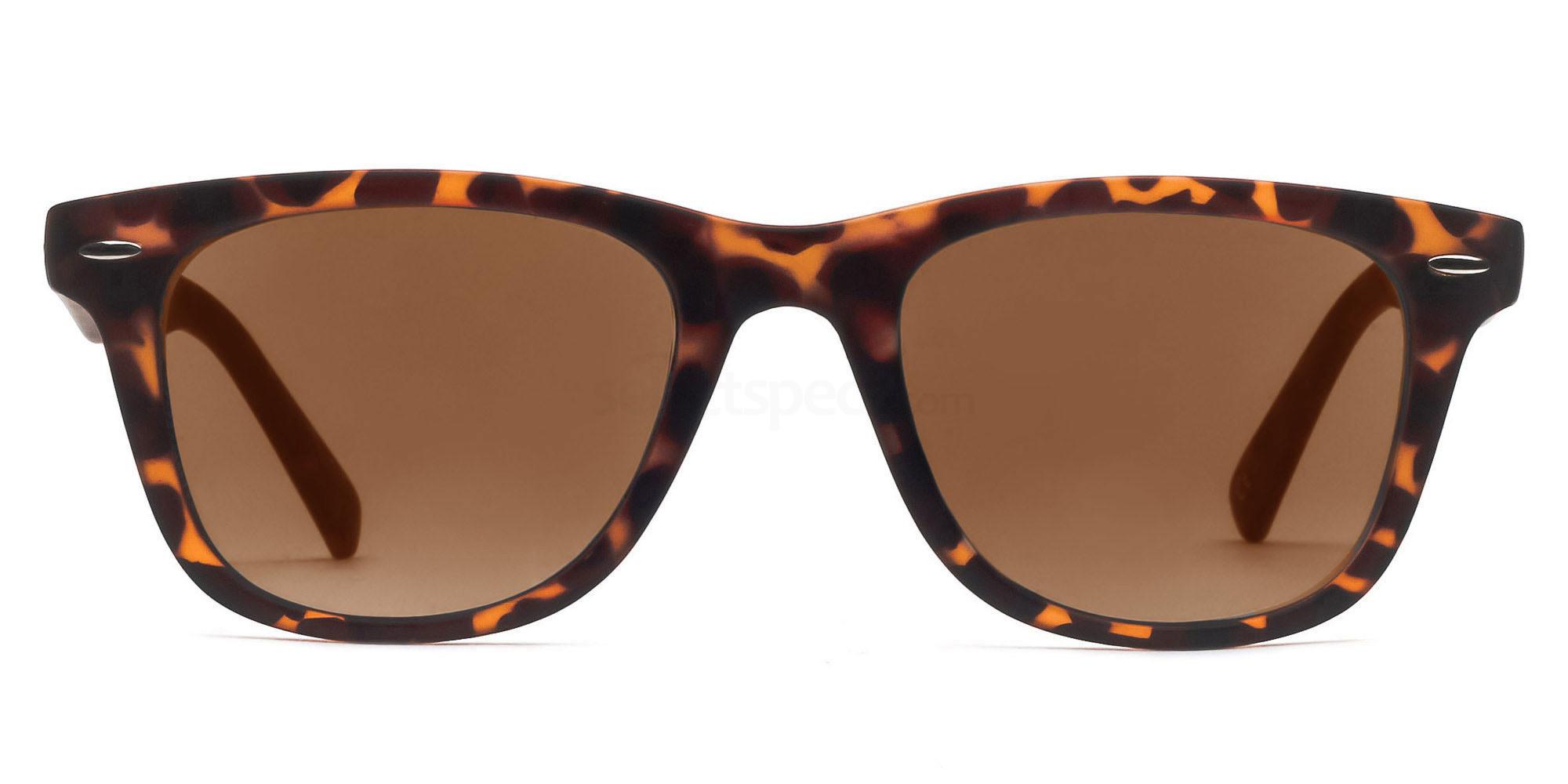Your Vision Matters. That’s the vital message from this year’s National Eye Health Week (NEHW), running 24th-30th September, which looks to promote the importance of eye health and the need for regular sight tests for all.
The campaign encourages positive lifestyle changes, educating on and promoting crucial factors for healthy eyes such as diet, exercise and the restriction of alcohol and smoking.
It’s a cause close to our hearts here at SelectSpecs, and we’re advocates for the brilliant awareness-raising events and campaigns that the team at NEHW create every year.
Read on for top tips, did-you-knows, and ways you can get involved. Look out for the hashtags #eyeweek and #visionmatters for inspiring posts across social media, too!
Did You Know?
There’s a wealth of information available on the NEHW website (www.visionmatters.org.uk), should you have any questions relating to eye health. We’re rounded up some points below for a snapshot guide:
- Studies show that sight is the sense people fear losing the most, yet many of us don’t know how to look after our eyes – National Eye Health Week aims to change all that!
- There are 2 million people in the UK living with sight loss, classified as severe enough to have a significant impact on their daily lives – but thankfully, half of this sight loss is avoidable.
- Regular sight tests may not be on the top of your agenda, but they can detect early signs of conditions like glaucoma, which can be treated if found soon enough. Other health conditions such as diabetes or high blood pressure may also be detected.
- For a super quick guide to healthy eyes, be sure to eat well, don’t smoke and, and always wear eye protection in bright sunlight.
Sight Tests

More than any other factor, NEHW advocates for the importance of regular sight tests.
It’s easy to think that a sight test is just about checking whether your vision needs correcting with glasses or contact lenses, but there are a whole host of other important reasons to have regular sight tests.
Rather than just a vision check, a sight test is actually a vital check on the health of the eyes, and includes the detection of eye conditions such as glaucoma. Many of these, if found early, can be treated successfully, avoiding potential sight loss.
A sight test can also detect other health conditions such as high blood pressure or diabetes.
- Just like going to the dentist for regular check-ups, sight tests should be part of everyone’s healthcare routine.
- Most people should have a sight test once every two years. However, certain groups may need a sight test more frequently. These include:
- People with a history of eye conditions in the family
- People over 40 of Afro-carribean or Asian origin
Why not book your sight test with us at our flagship store?
Based in the picturesque Westgate-On-Sea, our store features over 500 budget and designer frames on display, with friendly staff on hand to guide you through your purchase.
We also offer 10% off frames for and lenses in store for OAPs every Tuesday, and free kids glasses in store on selected ranges with an applicable NHS voucher.
Eat Well For Eye Health

It’s no secret that our diets can affect us in a whole host of ways, but even so, what we eat isn’t always associated with our vision.
A recent survey found 60% of people living in the UK had no idea that what they eat can affect the health of their eyes, signaling the need to raise awareness of the link between diet and eye health.
Luckily, there is a wealth of options available to ensure your eyes get everything they need. These foods include –
- Broadleaf greens such as kale and spinach, which are rich in carotenoids, especially lutein and zeaxanthin. Lutein and zeaxanthin may help prevent age-related eye diseases such as macular degeneration and cataracts. These carotenoids may also reduce discomfort from glare and enhance visual contrast.
- Garlic, onions, shallots and capers, which boast high levels of rich in sulphur, necessary for the production of glutathione – an important antioxidant required to help maintain healthy sight.
- Blueberries and grapes, which contain anthocyanins, may help improve night vision.
- Brightly coloured fruit and veg such as corn, carrots, oranges, sweet peppers and papaya (the latter of which is a good source of beta carotene, which can help to prevent ‘free radical’ damage inside the eye).
- Coldwater and oily fish like cod, sardines and tuna are excellent sources of DHA, and Omega-3 fatty acids. These provide structural support to cell membranes and may be beneficial for dry eyes, and the maintenance of general eye health.
- Research has shown that eating just one portion of fish a week may reduce your risk of developing age-related macular degeneration (AMD) – the UK’s leading cause of blindness – by up to 40%)
- Eggs, which are rich in cysteine, sulphur, lecithin, amino acids and lutein. Sulphur may also help protect the lens of the eye from cataracts.
- Whole grains and , which are rich in zinc and Vitamin B. Deficiency in complex B Vitamins may increase your risk of cataracts and retinopathy.
- Soy, which contains essential fatty acids, phytoestrogens, Vitamin E and natural anti- inflammatory agents. Vitamin E is important for the maintenance of good eye health.
Sun Exposure

We all know that looking directly at the sun can cause irreversible damage to your eyesight, and even lead to blindness. But did you know that several studies also suggest sunlight exposure is a risk factor for cataracts?
Luckily, there are plenty of ways to protect yourself from the sun and UV rays.
A wide-brimmed hat or sunglasses can help protect your eyes from UV rays, for example.
However, it’s important to check that your eyewear is offering you the right level of protection. All of our sunglasses at SelectSpecs come with the internationally recognised CE mark, which ensures that they are giving you the right level of ultraviolet protection.
Check out one of our favourite (and best value!) frames below, proving that stylish eye protection needn’t be expensive!

Keeping Active

Recent studies show that exercise plays a big factor in reducing the risk of sight loss.
Research demonstrates that a lack of exercise contributes significantly to several eye conditions, particularly amongst people aged 60 and over.
Engaging in regular exercise, however, may reduce the risk of sight loss from narrowing or hardening of the arteries, high blood pressure and diabetes.
Limit Your Screen Use

With many jobs requiring prolonged screen use, many of us are at risk of developing ‘screen fatigue’. This can leave eyes feeling sore, itchy and tired. There is a very simple solution that you can follow, however, that your eyes will thank you for!
Follow the easy to remember 20-20-20 rule – look away from your screen every 20 minutes, for 20 seconds and focus on objects 20 feet away. This helps combat the effects of screen fatigue, and helps keep your eyes in tip-top shape!
Restrict Alcohol Consumption

Research shows that heavy alcohol consumption is associated with an increased risk of early age-related macular degeneration.
As such, men and women are advised not to drink more than 14 units a week on a regular basis. Spreading your drinking over three or more days will also help, or if trying to cut down, try having several drink-free days each week.
Limiting your alcohol intake will help to minimise your risk of macular degeneration.
Cut Back (Or Quit!) Smoking

Research shows that smokers are much more at risk of developing age-related macular degeneration and cataracts, compared with non-smokers.
After ageing, smoking is the biggest risk factor for developing macular degeneration. Cutting back, or even better quitting, will significantly lower this risk.
For further reading on all things eye health, click here to check out our eye health hub!



